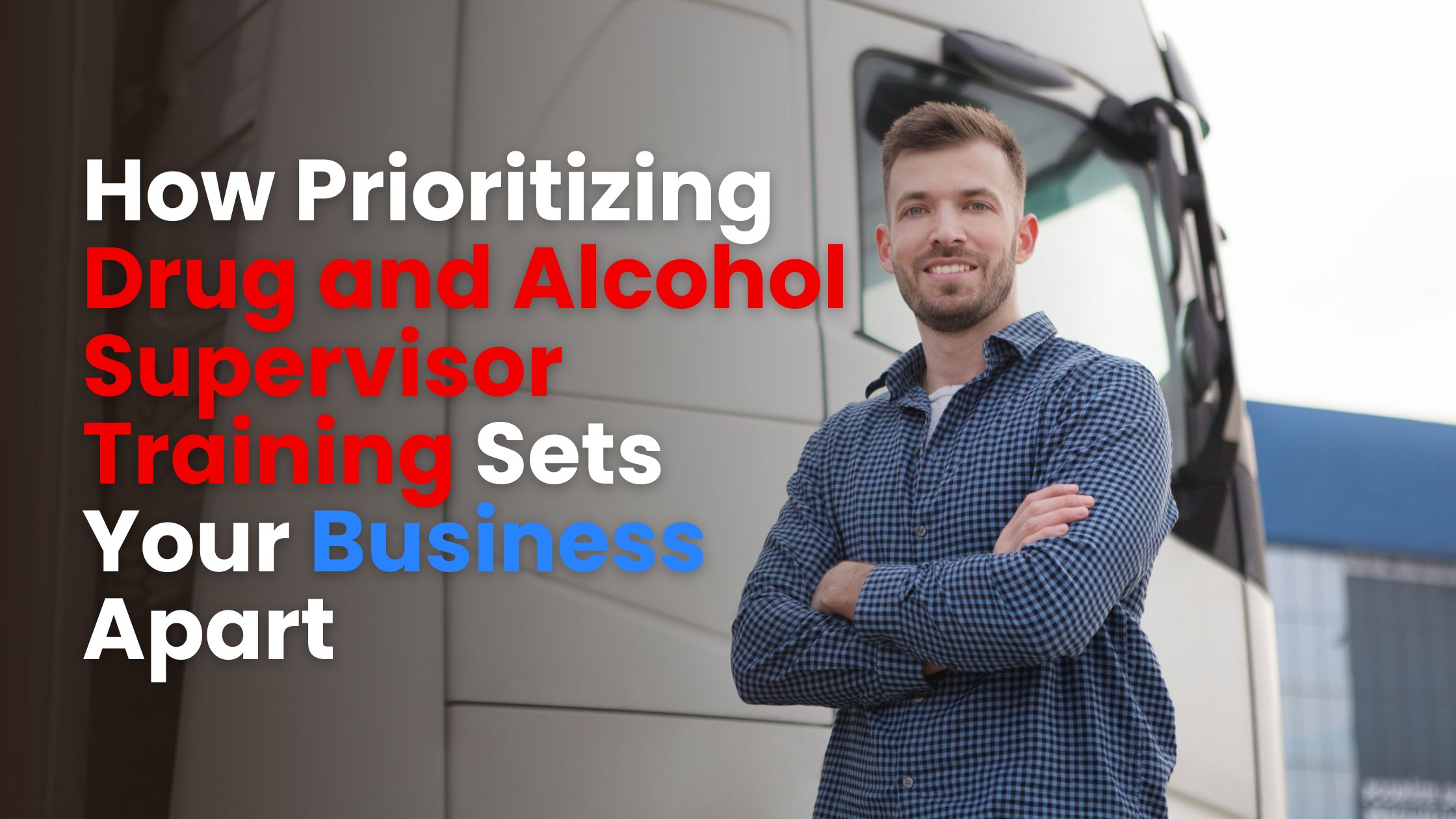Today’s workplace is significantly impacted by drug and alcohol usage. Everyone is affected, including businesses and workers. From injuries to low morale to property damage and more, workplace drug and alcohol use can lead to several serious consequences.
Whether you’re an organization or an employee, you must understand and be knowledgeable of the legal ramifications to solve the above challenges. What are the importance’s of implementing important drug and alcohol policies?
Let’s look into this vital topic to understand its significance.
Workplace Drug and Alcohol Tests: The Legal Implications
In the United States, occupational drug and alcohol tests are subject to legislative regulations. These tests are acceptable, but they must follow strict rules. For example, random testing may pose privacy concerns, whereas post-incident testing should be done cautiously to avoid discrimination claims.
The following are significant legal implications that you should be aware of:
Privacy Rights: Employees have privacy rights, which means that companies cannot perform indiscriminate drug or alcohol tests. Tests must be appropriate and considerate of privacy.
Discrimination Concerns: Drug and alcohol testing must be applied similarly to all employees. Any type of discrimination based on race, gender, or other protected characteristics is banned.
Legal Compliance: Employers must follow federal and state rules governing drug and alcohol testing.If you don’t follow the rules, you might face penalties and legal action.
Employee Consent: Employers often require employee consent before drug or alcohol tests. Forcing employees to undergo testing without their permission can have legal consequences.
ADA Compliance: Employers must comply with the Americans with Disabilities Act (ADA) when administering drug and alcohol tests. They cannot discriminate against employees with impairments and must make reasonable accommodations.
Confidentiality Obligations: Drug and alcohol test results must be kept confidential. Employers cannot release this information without the employee’s permission, except in certain legal situations.
Retaliation Protection: Employees are legally protected from retribution if they refuse to undergo drug or alcohol testing on valid grounds, such as religious convictions or medical concerns.
Fair Testing Procedures: Employers must ensure that drug and alcohol testing methods are fair and accurate. This includes appropriately training those delivering the tests and employing trustworthy testing procedures. Errors or discrepancies can result in legal disputes.
How Do You Mitigate Legal Risks Regarding Drug And Alcohol Use?
Consult Your Employees: By allowing your staff to participate in creating policies, you can guarantee equity and openness while encouraging a sense of trust and ownership among your workers.
Look at Safety-Critical Work: By identifying the jobs where impairment presents hazards, you can customize rules to emphasize safety and reduce the likelihood of accidents or injuries.
Create a Policy: Developing a clear policy creates a framework for successfully managing drug and alcohol issues in the workplace by outlining expectations and punishments and offering help.
Screen and Test: Fair and accurate testing methods ensure that legal compliance is enforced while upholding a secure and effective work environment.
Offer Programs for Education and Training: Providing workers with information about potential hazards and the resources they can use to mitigate them fosters awareness, accountability, and a safe work environment.
Offer Accommodation and Support: Helping staff members abusing substances encourages recovery, well-being, and a positive work environment.
Law Compliance: Maintaining current knowledge of laws and regulations guarantees adherence to the law, lowering potential legal ramifications and safeguarding the company and its personnel.
Speak with Legal Professionals: Getting legal advice reduces legal risks, guarantees fairness and efficacy, and ensures that policies are in line with best practices and legal standards.
Review the policy: Ongoing evaluation and revisions to the document facilitate response to new issues and input, ensuring the policy’s continued applicability and efficacy.
Importance of Workplace Drug and Alcohol Training Program:
Reducing Accidents and Injuries: Training programs contribute to reducing workplace accidents and injuries by increasing awareness and encouraging responsible conduct.
Increasing Productivity: A sober and concentrated workforce produces more, which boosts production and efficiency.
Maintaining Safety: Employees who receive training can better recognize and deal with harmful behaviors, which helps to create a safer workplace.
Policy Awareness and Education: Training makes staff members aware of the policy’s requirements, lowering miscommunication and non-compliance.
Promoting a Supportive Culture: Training cultivates compassion and understanding for coworkers dealing with drug misuse problems.
Reducing Recruitment and Medical Costs: Training initiatives help employers reduce hiring costs and medical bills related to workplace mishaps by averting accidents and injuries.
Encouraging Employee Well-Being: Training initiatives prioritize the health and rehabilitation of staff members battling drug addiction by providing them with tools and assistance.
Building a Positive Reputation: Employers who prioritize worker safety and well-being draw top talent and gain the trust of stakeholders.
Emphasizing Ethical Standards: Training helps employees connect their beliefs with the company’s by reinforcing moral standards and responsible behavior.
Adaptation and Improvement: Consistent training enables policies and procedures to improve and adjust to new situations continuously.
Why Choose ICCouncil’s Drug and Alcohol Training Program for Your Organization?
Choosing ICCouncil for your training needs offers several advantages:
Variety of Course Offerings: ICCouncil offers a large selection of drug and alcohol training courses to meet the demands of various sectors and organizations.
Extensive Curriculum by Professionals: We guarantee quality and relevance by having professionals in the field create and instruct our courses.
Accessibility and Convenience: To accommodate our clients’ varied schedules and interests, we offer flexible and accessible online training options.
Customized Options: ICCouncil can design training courses to meet your company’s particular needs, taking into account its particular goals and difficulties.
Get Started With ICCouncil
Empower your workforce with the knowledge and skills to tackle drug and alcohol challenges effectively. Contact ICCouncil today to explore our drug and alcohol training courses and take a proactive step towards a safer and healthier workplace.






